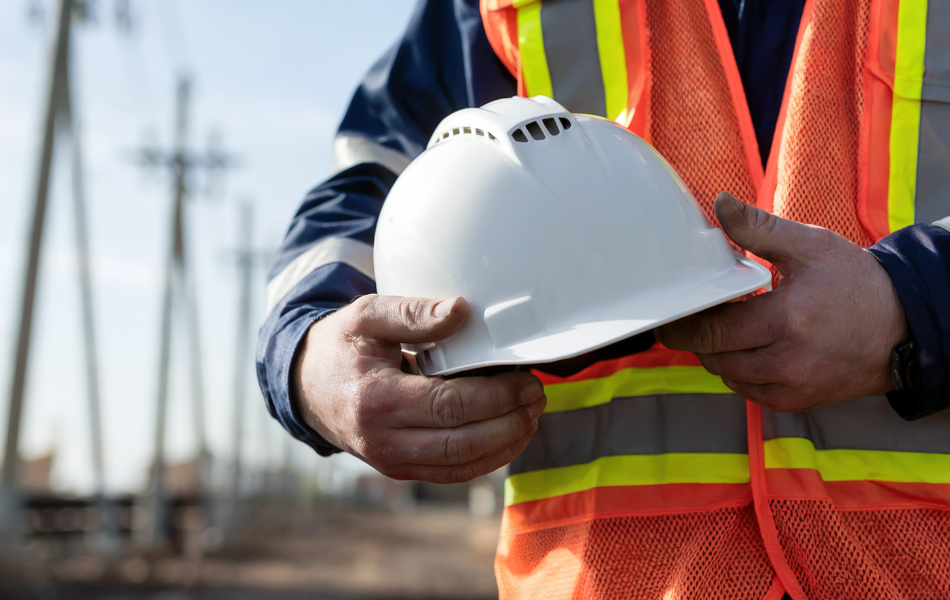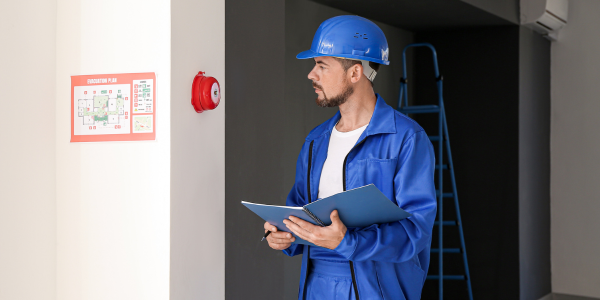Regulator of Social Housing
New Regulation from April 2024

Regulator of Social Housing: New inspections from April 2024
What is changing from 1 April 2024?
The RSH’s revised and strengthened Consumer standards 2024 came into force on 1 April 2024 as a result of the Social Housing Regulation Act. The RSH has stated that a safe, decent home matters to everyone, including the four million households that live in social housing. Its revised standards set out what better quality social housing and services should look like in practice. These standards expect a stronger relationship between landlords and tenants, and to drive improvements across the sector so that all social landlords (both councils and housing associations) provide good quality homes and services to all tenants.
RSH press notice explains the changes and Fiona MacGregor wrote to Chief Executives on 3 April, explaining that they have started the first wave of inspections.
What do the revised Consumer Standards require?
The four consumer standards require social landlords to:
- Maintain tenants’ homes so that they are safe and of a decent standard and provide a quality service
- Handle complaints effectively where things go wrong
- Listen to tenants and support them to influence decisions
- Have a relationship with their tenants that is underpinned by shared expectations of fairness and respect and a shared understanding of their respective rights and responsibilities
- Demonstrate that they understand the diverse needs of the communities that they serve, and that their services reflect those diverse needs.
Do these standards apply to all social landlords?
Yes. All landlords, no matter their size or organisational structure, need to deliver the outcomes set out in these standards.
How will landlords be regulated?
When regulating social landlords, RSH requires them to consistently fix things promptly and effectively if they go wrong (something that will be strengthened under Awaad’s Law). It will hold landlords to account for any material failures to deliver the outcomes expected from its standards and may decide to take appropriate action where they do not.
How the RSH regulates is based on its view of the level of risk, meaning that it may look at both the likelihood a poor outcome will happen and what impact it would have if it happens. If it thinks the level of risk is higher, its level of scrutiny will be stronger and its actions are likely to be greater. This will focus its resources where they are most needed, to be proportionate and minimise interference in landlords’ activities. It is particularly concerned about risks that threaten the safety or quality of tenants’ homes. The RSH also scrutinises how well run a landlord is because this impacts on how well it delivers its services and its ability to manage risks effectively.
What will RSH do if landlords do not deliver the outcomes of its Standards?
The RSH expects landlords to identify any problems they have in delivering the outcomes expected of its standards. It also expects landlords to tell it at the earliest opportunity of any material issues to them delivering the outcomes of its standards and to take effective action to fix them. RSH will investigate and intervene where it finds there are serious failings to deliver these outcomes. It will assess issues of potential regulatory concern that come to its attention, including, referrals (including self-referrals), regulatory returns, notifications, or inspections. Where it suspects a serious failure to deliver its standards’ outcomes, it will investigate and may add the landlord to its gradings under review list.
The RSH has range of regulatory tools it can use to help ensure things are put right. It will consider the particular circumstances of the landlord, as well as the seriousness of issues concerned, and the pace with which the issues need to be addressed, when deciding if and which regulatory tool to use. Where a landlord takes responsibility for improving, it will normally work with the landlord until it has provided evidence giving assurance that it has addressed the relevant failures. The RSH will consider any reasonable remedial strategies the landlord proposes, including any relevant voluntary undertaking. In general, it is unlikely to use its enforcement powers where both the landlord is prepared to fix the problems and underlying causes and the RSH concludes that it has the capacity, capability, and resources to do so. It prefers a landlord to put a problem right.
Enforcement action can be taken by the RSH where landlords’ performance is inadequate or failing to improve. In circumstances where the RSH uses its enforcement or other powers, it will apply what is considered to be the most appropriate power, or combination of powers available. It will now also be able to issue unlimited fines to lamdlords that fail to meet the standards (previously capped at £5,000) but fines will be used when they’re the right tool to put a problem right.
In addition, the Housing Ombudsman may investigate complaints where tenants have used their landlord’s complaint process and the issues have not been resolved or if the landlord is not responding to a complaint they have made to it. In such circumstances, tenants can bring their complaint against their landlord to the Housing Ombudsman Service for investigation.
What help is available?
The RSH has published a Code of Practice that provides more information about what it is looking for in relation to these consumer standards, illustrating specific areas and themes within the standards.
Is the RSH Code of Practice mandatory?
No, but the RSH expects landlords to have regard to the Code when they assess their own performance against its standards. It does not replace the standards. Landlords can choose what is the right approach for them and their tenants provided they can show, with evidence, that they are delivering the outcomes in the standards themselves.
Will social landlords have to inspect all their properties?
Yes, it is a specific expectation of the Safety and Quality Standard that they ‘have an accurate record at an individual property level of the condition of their homes, based on a physical assessment of all homes and keep this up to date.’ They are to do this so that they can provide ‘good quality, well maintained and safe homes for tenants including: compliance with health and safety legal requirements and … the Decent Homes Standard.’
The Code provides additional guidance on meeting the Safety and Quality Standard by explaining that ‘Registered providers should assess the condition of homes frequently enough and in sufficient depth to maintain their assurance on their quality and safety.’
How frequently do social landlords have to physically inspect their homes?
The Safety and Quality Standard does not specify the frequency but the Code explains that the ‘appropriate frequency and depth will be influenced by a range of factors, including … property age, construction, and archetypes as well as data from complaints and reports from repairs and maintenance programmes. For some registered providers a five-year rolling programme of stock condition surveys across all homes might be appropriate; however, for others or for some homes, more frequent assessments might be needed, for example where there are high levels of responsive repair requests or recurring problems which might be indicative of wider issues.’
How can social landlords ensure they know the state of repair of all homes?
The Code explains ‘Registered providers should ensure their approach to assessing and recording the conditions of their homes is robust and kept up to date by using information from a range of relevant sources such as repairs, complaints, health & safety assessments, and energy performance certificate (EPC) data to maintain a rounded view of condition. … their approach … should consider the different opportunities where the inside of a home can be assessed e.g. when gas safety checks are being carried out.’
As well as physical inspections and visits to properties, many social landlords are monitoring internal conditions using technology, in particular when assessing there could be a risk of damp, mould and condensation developing. This enables them to be proactive in managing and maintaining homes that are safe and healthy. The Housing Ombudsman encourages landlords to be proactive and to learn from its Insight reports.
NHMF is also working closely with Oxford Brookes University to help the sector understand how AI, machine learning and particularly the use of computer vision to assist with defect diagnosis may also be employed.
If you are interested to learn more you can read Prof. Martyn Stones' recent NHMF Conference presentation on this topic here, or to get involved directly please contact martyn.stones@brookes.ac.uk.
Should social landlords consider the needs of individual tenants?
Yes, the Code explains ‘Registered providers should consider their understanding of the condition of homes in the context of the needs of individual tenants living in them. Taking into account the potential risk to tenants, registered providers should have appropriate systems in place to ensure they act upon identified investment and repair requirements in an appropriate and timely manner.’
Where can landlords find out more?
The RSH has published the following information:
The Government has set out its approach to improving the quality of social housing and regularly publishes updates, the latest are its February 2024 and March 2024 updates.
The NHMF’s Best Practice website, which provides Q&A briefings on essential topics for landlords wanting to maintain good quality, safe and warm homes.


